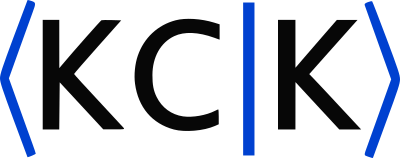Tu znajdziesz listę organizowanych w Polsce spotkań, seminariów i konferencji związanych z zagadnieniami informacji kwantowej
Home » Seminaria
Tu znajdziesz listę organizowanych w Polsce spotkań, seminariów i konferencji związanych z zagadnieniami informacji kwantowej
